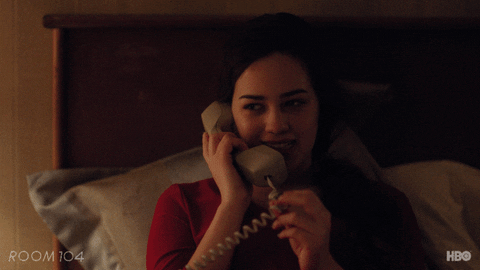
If you've ever heard of Dr. Brene Brown, then you have heard the word Vulnerability. If you haven't heard of her, please take a momment and Google her now. Like right now. She has WAY more important things to say than I do....but then come back!
What does Vulnerability have to do with Bullying you ask? A LOT.
But before we dive into the data and my thoughts, lets set out some definitions:
What is Bullying: According to the National Association of School Psychologists, bullying is defined as repeated interpersonal aggression with the intention of producing an imbalance of power between peers.
What is Vulnerability: "Uncertainty, risk, and emotional exposure," Brene Brown (2012)
“Vulnerability sounds like truth and feels like courage. Truth and courage aren’t always comfortable, but they’re never weakness.” -Brene Brown
We live in a culture where it feels like we are being vulnerable. We post about our lives on social media constantly, we overshare with our hairstylist, or our "best friend" that we have known for a hot second. We hit the "Share" and the "Like" button constantly. But is sharing (either over or under) really being vulnerable?
I personally argue that it is not. Our need to share our lives on social media is generally about having people notice us, encourage us, build up our egos. It is not about being raw and naked.
Now throw in a still developing brain, a continually developing sense of self, and extreme social pressure and you have a powder keg just waiting to blow.
Bullying is on the rise (Hymel and Swearer 2015), more specifically Cyber-bullying. But what does this have to do with Vulnerability? When I was growing up, if someone wanted to bully me, they had to do it to my face - and they only had as much information about me as I had shared with them. It was easy to keep things close - I wasn't tempted to post about my losses and wins in a public forum. When I was vulnerable, showing "uncertainty, risk, and emotional exposure," I did so with my friends, or my journal, or in poetry. If social media were available, I would have absolutely been tempted to post and share with anyone who cared to look.
If you are an adult and reading this, I want to invite you to sit quietly and think about your pre-teen (tween) and teen years. Really think about it. What was 7th/8th/9th grade like? Hormones raging, face breaking out, loads of homework, sports, peer groups, sex, etc. Was it amazing? Was it easy? I'm going to go with not so much. And I didn't even mention social media. How would your experience have been different? Would you have shared the selfies you took at the bonfire with the beer in your hand? Would you have taken crazy risks to see if your video would go viral?
Why do we do feel the need to share our lives as humans? What drives us to seek external feedback? We all want acceptance and validation. We search for people who will show us empathy in our dark times, joy in the good times, and comfortable silence in between. This used to be accomplished by picking up the landline, with the looonnnggg cord and calling our friends. Or writing special notes folded up into hearts to be delivered between classes. It was leaning against our lockers and gossiping about our "lame" teacher.

In short, our lives were still private - we weren't going up to just anyone and sharing our true selves with them because they were there.
Tweens and Teens still long to be accepted and share deep connections with their peers, but when they risk vulnerability on social media, more often then not, they endure some level of cyber-bullying. Every. Time. And this social interaction informs how they feel about themselves, their peers, the adults in their lives, and damages their self efficacy (belief in one's ability or worthiness). It can create callousness where there wasn't previously. It affects mental wellness - increasing the likelihood of anxiety and depression.
So what do we do? Close down their facebook page, shut off their snapchat, run out the timer on TicTok?
I would suggest none of these things. What we need to do is start teaching our children, tweens, teens, and young adults about boundaries.
How do we do that? Well, you guessed it - coaching (or therapy!).
Coaching allows the coachee to openly learn about themselves without the fear of social pressure. Learn what drives them and what holds them back. A coach can then walk them through how to implement boundaries in their life to support their needs and values. Imagine starting your adult life with an firm intrinsic belief in yourself...what would that have felt like? What would you have been able to accomplish? What pain could you have avoided?
Imagine the possibilities.
Resources:
Brown, B. (2012). Daring greatly: How the courage to be vulnerable transforms the way we live, love, parent, and lead. New York: Gotham Books.
Hymel, Shelley and Swearer, Susan M., "Four Decades of Research on School Bullying: An Introduction" (2015). EducationalPsychology Papers and Publications. 174. https://digitalcommons.unl.edu/edpsychpapers/174
